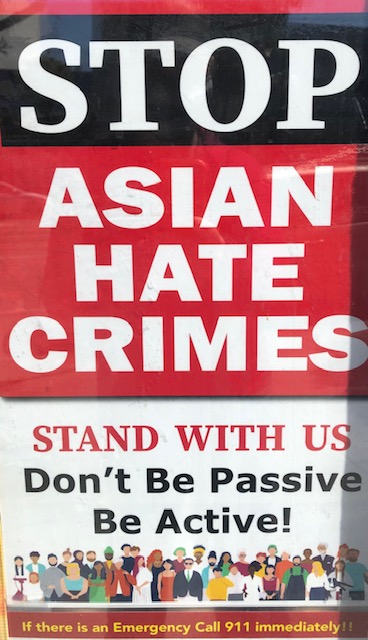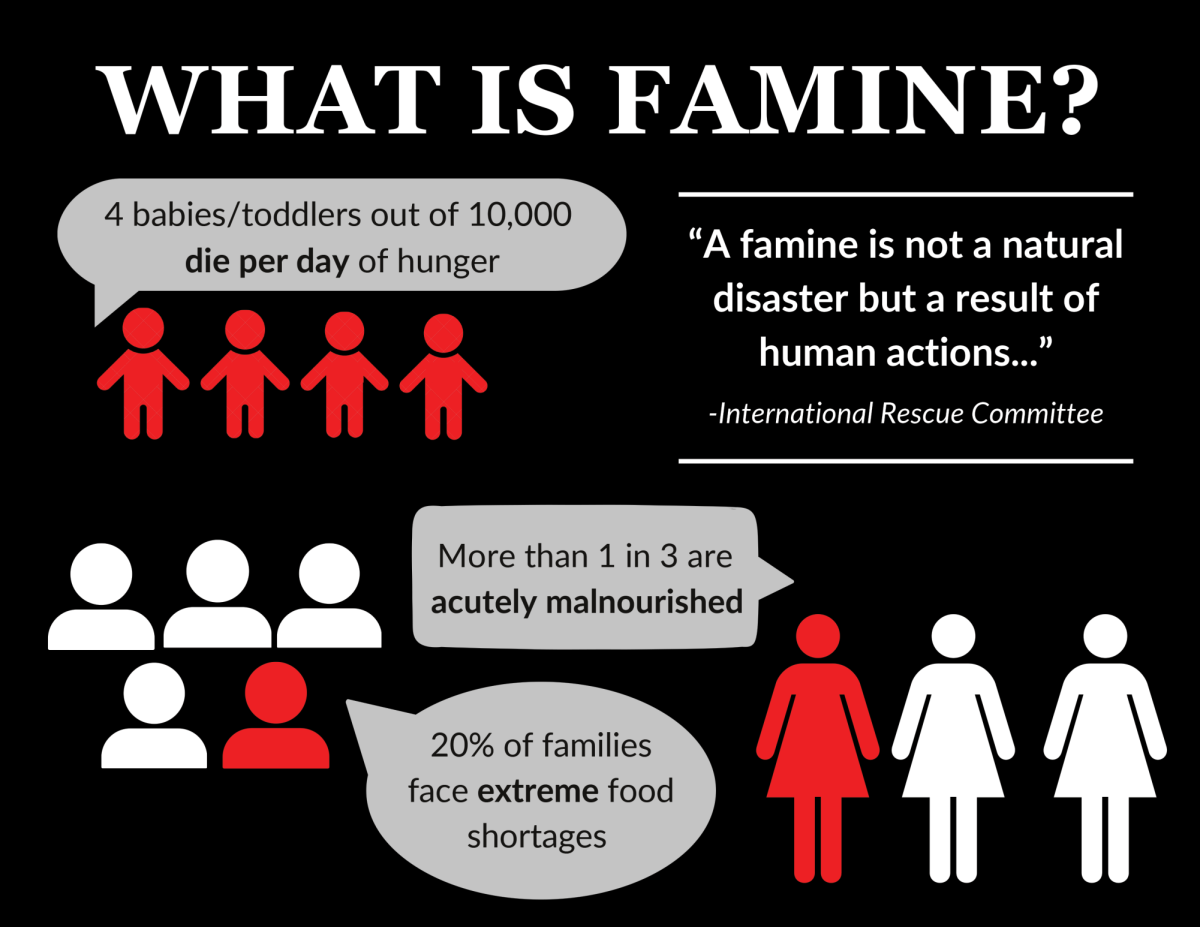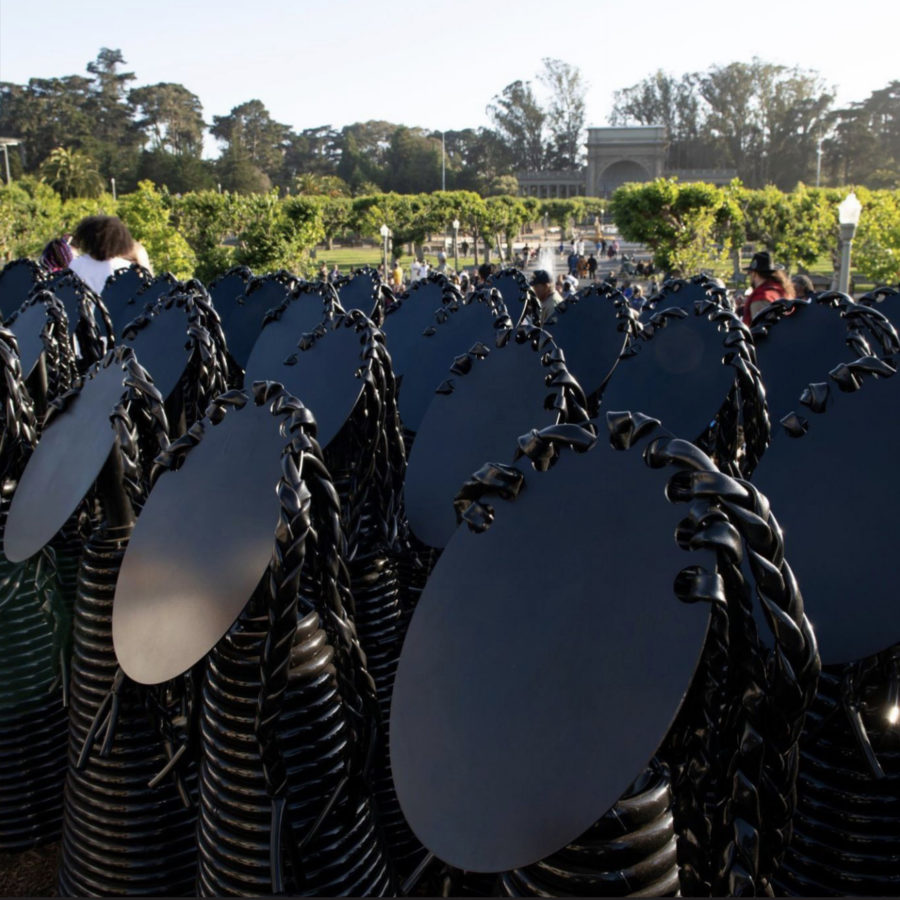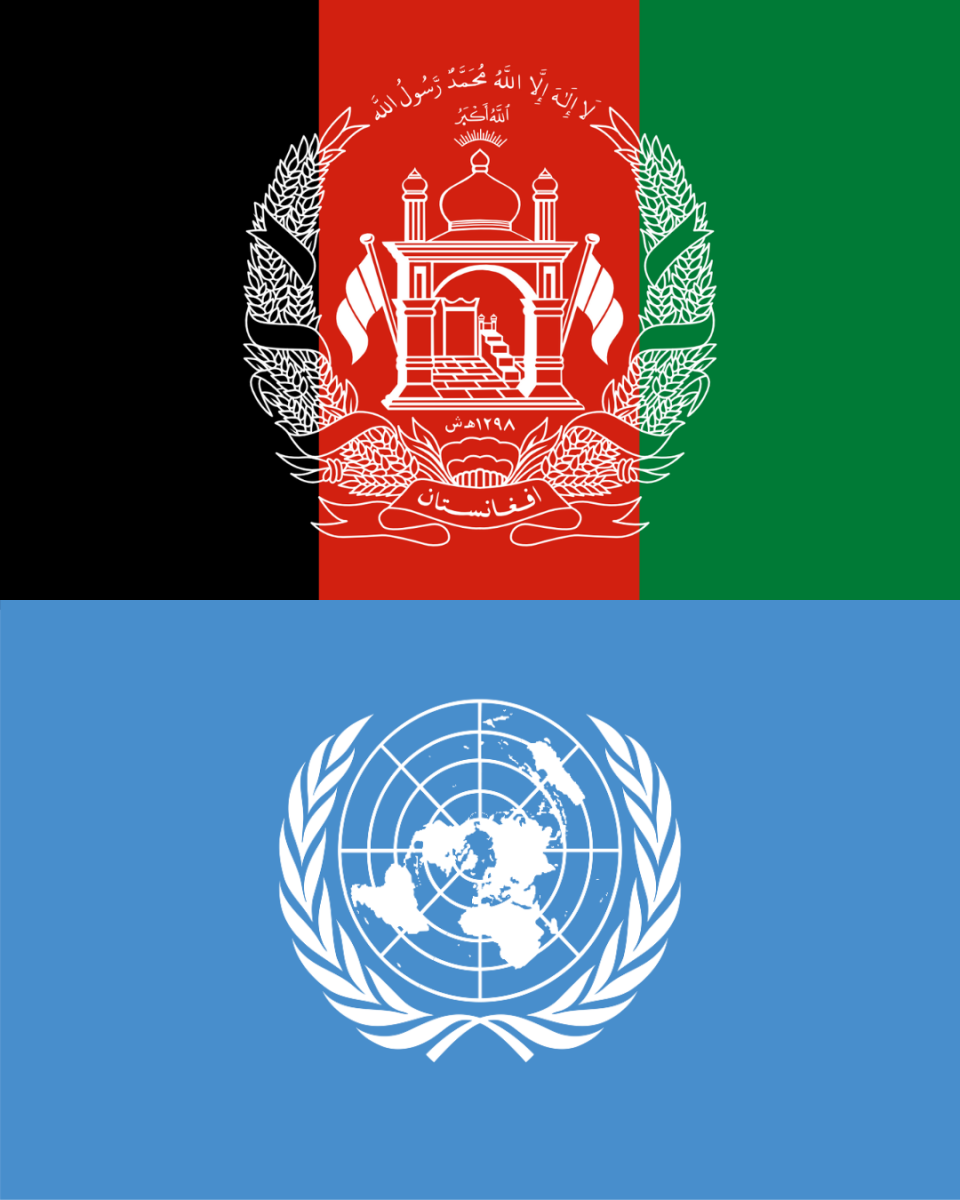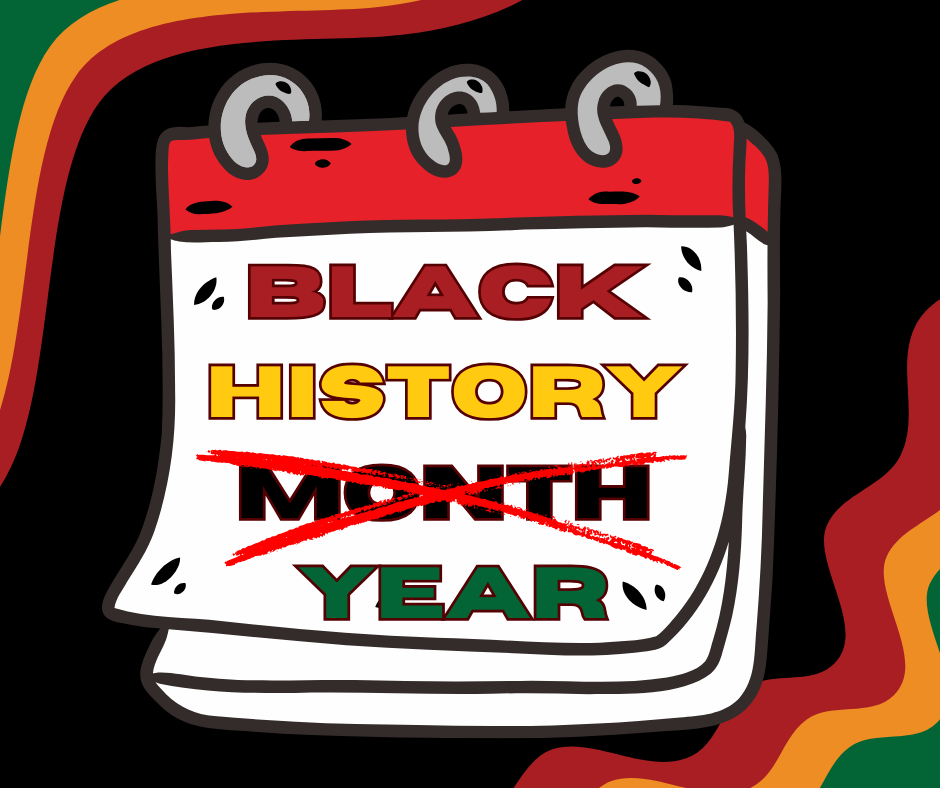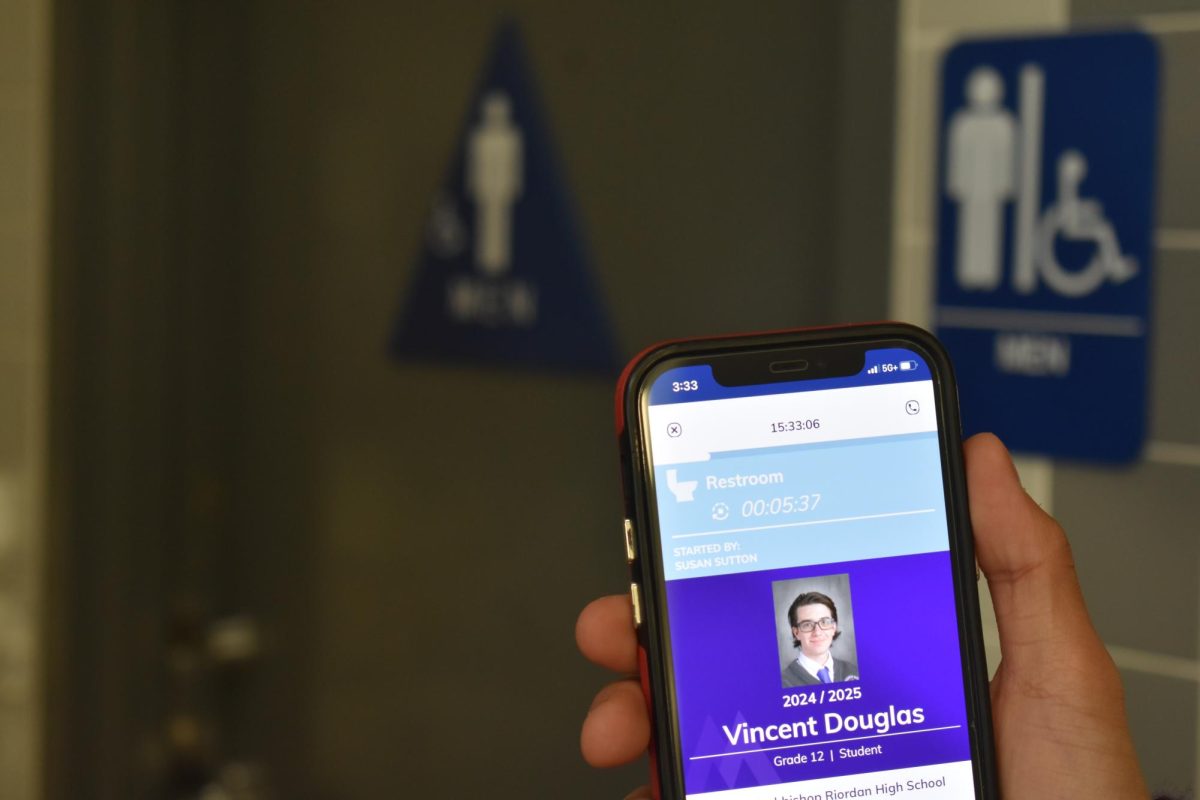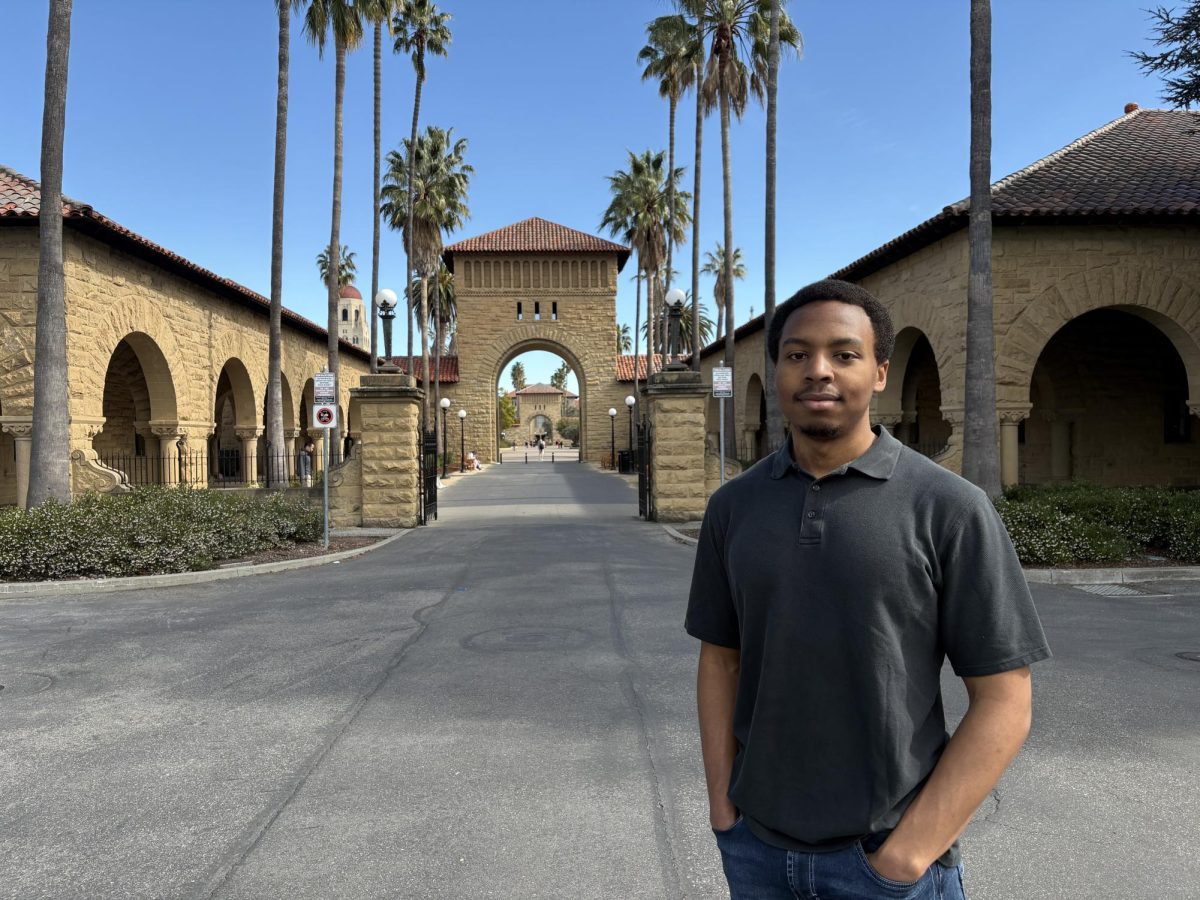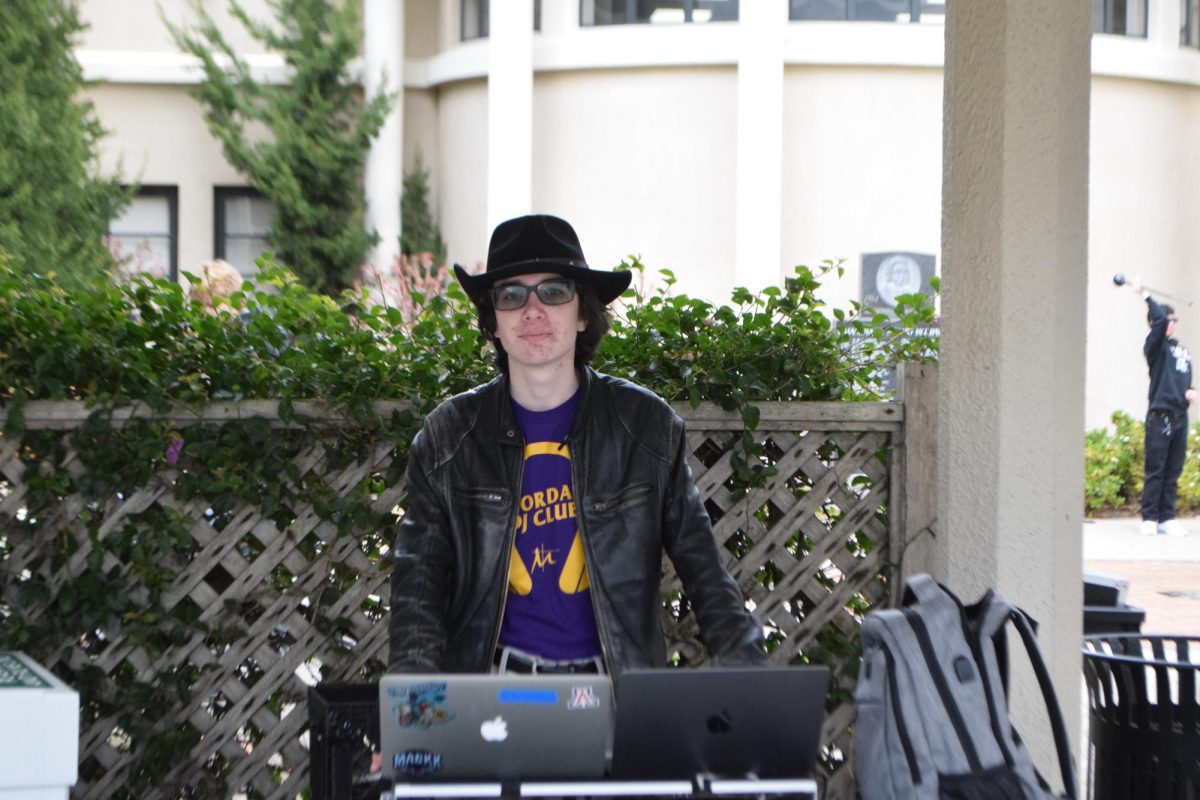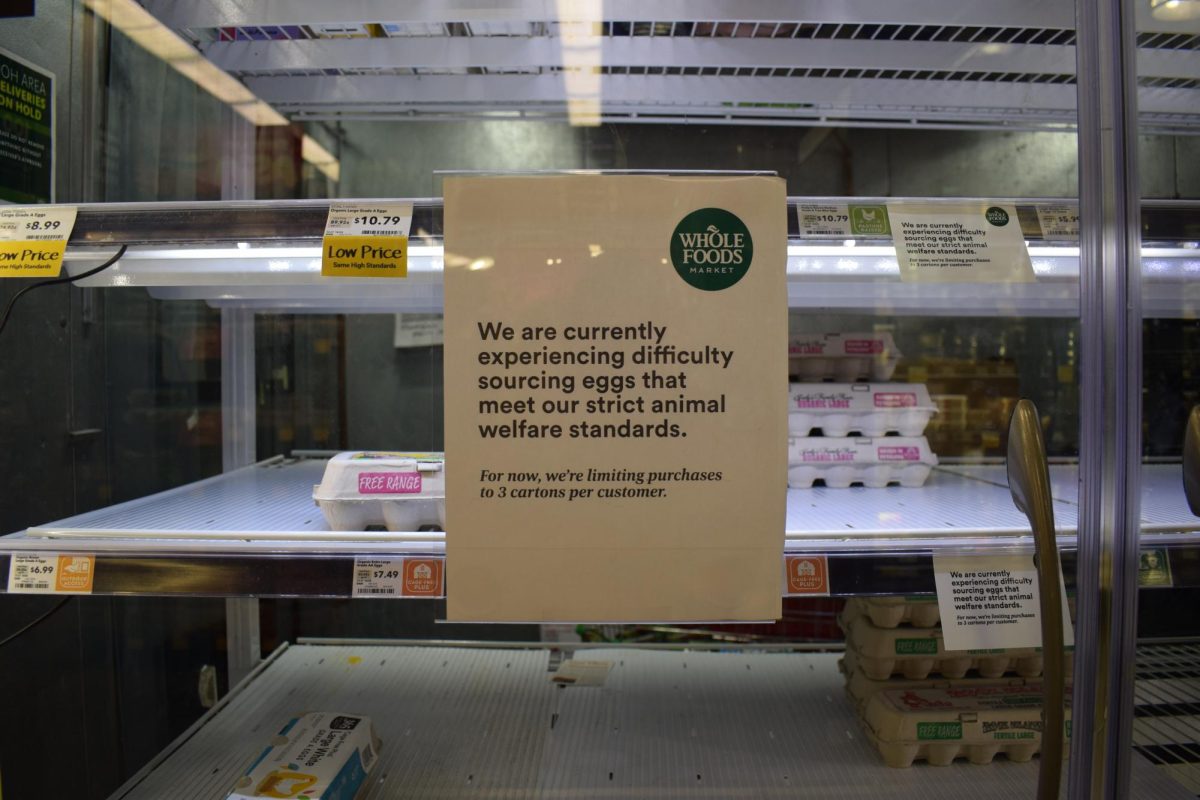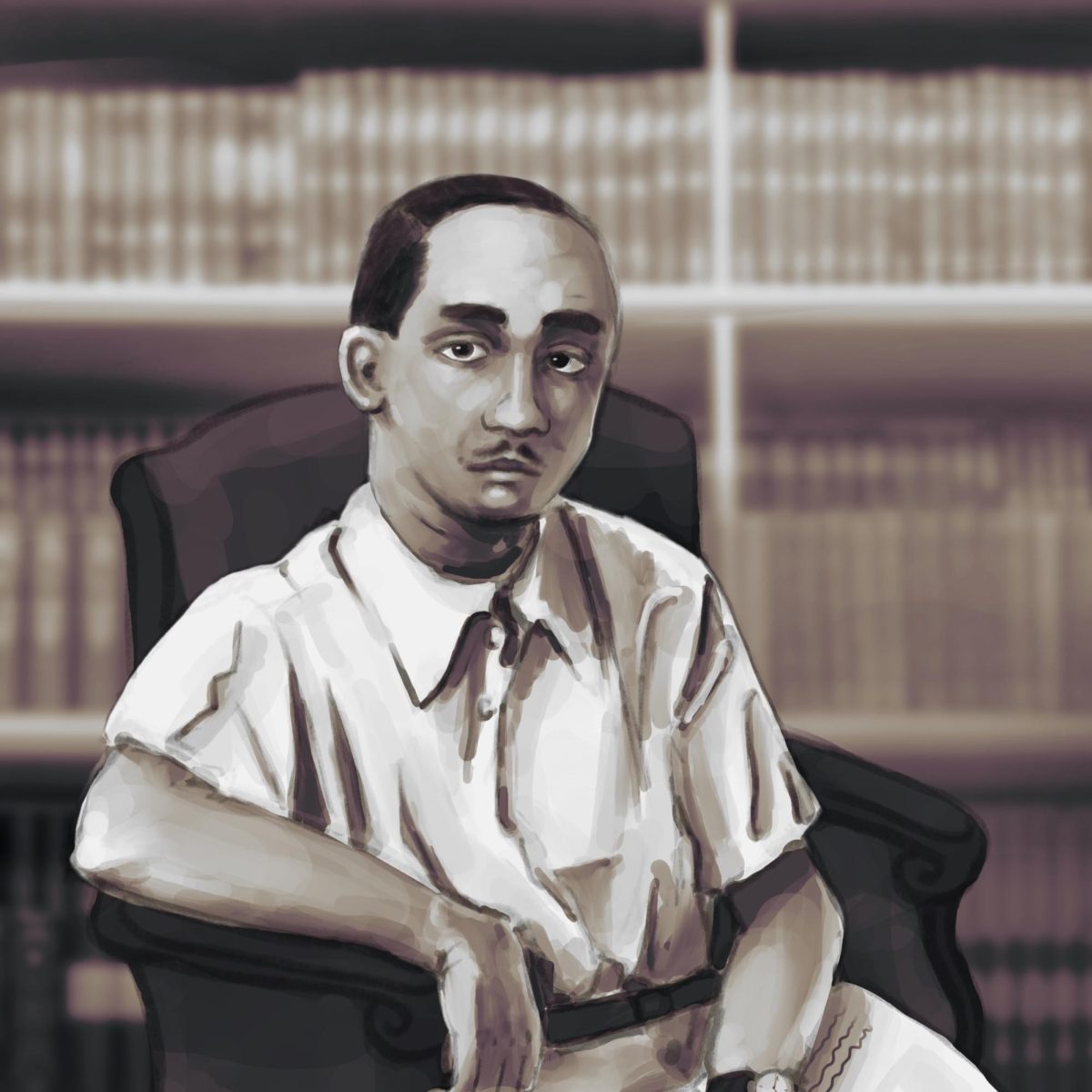From the outbreak of Covid-19, hate-fueled crimes against Asian Americans have skyrocketed. Incidents targeted towards Asian Americans have consisted of verbal slurs, physical attacks, shunning, and discrimination.
The STOP AAPI (Asian American Pacific Islander) Hate organization has received 3,795 reported incidents of Asian hate crimes within the duration of last year’s pandemic. This number only represents a fraction of incidents that have increased after our former U.S. President, Donald Trump, referred to COVID-19 as the “kung flu” and “Chinese virus.” These negative stereotypes unfairly blame Asians for the pandemic. Thus, this false narrative has severely affected our community, correlating to the change in both attitude and behavior towards Asian Americans.
Since then, there has been a growing concern within the Asian community over the heightened amount of attacks occurring across the United States. These violent waves initially directed towards our Asian elders have been documented through videos and received attention throughout mainstream media.
In the Bay Area, two elderly Asians were assaulted by the same perpetrator, one of whom fought back. The second victim, Xiao Zhen Xie, a 75-year-old Asian woman, gained the attention of several international social media platforms through a video. The video captures the moments after Xie fought off her attacker that resulted in the assailant being carried out on a stretcher.
Similar attacks haven’t explicitly been stated to be racially motivated even after the suspect’s intentions were as clear as day. According to research conducted by the Center for the Study of Hate & Extremism, Anti-Asian hate crimes have increased 145 percent in America’s major cities. The most recent event took place on March 16, when a man went on a rampage across three different spas in Georgia. Upon arrival, he shot eight people, none survived–six were of Asian descent.
The names of the victims are Delaina Ashley Yuan, Paul Andre Michels, Xiaojie Yan, Daoyou Feng, Julie Park, Park Hyeon Jeong, Suncha Kim, and Elcias R. Hernandez-Ortiz. Following the arrest, Capt. Jay Baker of the Cherokee County Sheriff’s office described the suspect’s state, saying, “He was pretty much fed up, and kind of at the end of his rope, and yesterday was a really bad day for him and this is what he did.”
The killing of minorities is not something in which one can subliminally justify under the statement that the suspect “was having a bad day.” The stated reasoning behind his actions was intended to release his “sexual temptations.” The issue lies among the suspect’s fetishization and hypersexualization of Asian women.
It’s sad to see that those first targeted in the Asian community are the most vulnerable. That is not to say they are weak. In reality, these elders obtained their strength through their accumulation of wisdom, knowledge, and experience. They are the strongest. They have endured their fair share of hardships–many having to deal with immigration and xenophobia. We, too, must stand strong against the hands of social injustice and racism.
Violence and hate against any group of people is unacceptable. Unfortunately, Asian racism has been normalized, but sharing our experiences and offering support can help bring communities together. Having conversations on these topics creates awareness, which enables change, and change empowers progress. I stand in solidarity with those seeking to halt Asian hate and call on others to join the journey to end anti-Asian racism.


